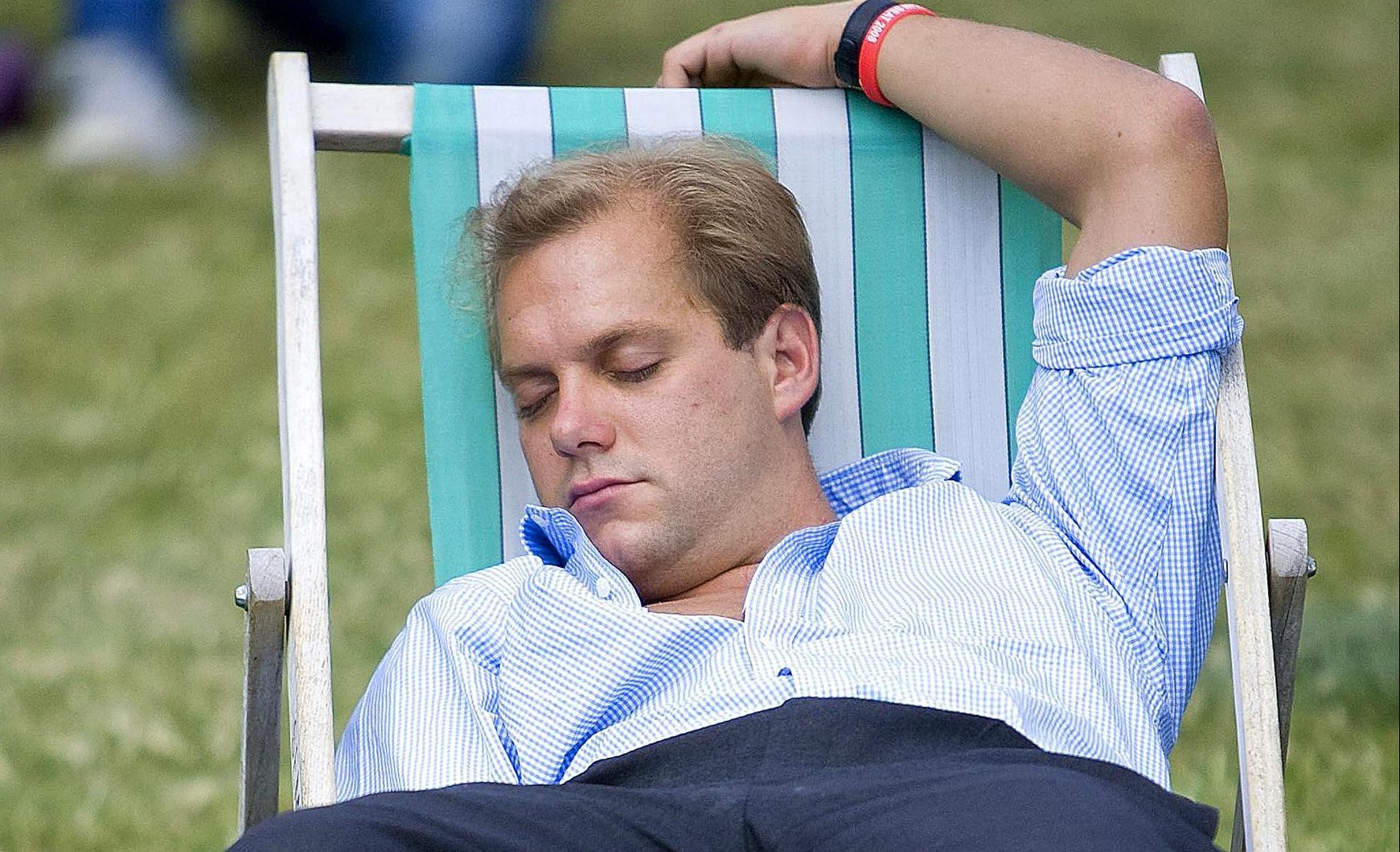
NAPPINESS could become the new watchword for improving our sense of well-being, new research suggests.
Scientists have discovered a surprising link between taking short naps and happiness.
And they have coined a new word to describe the contented state that follows a brief daytime doze – “nappiness”.
Psychologist Professor Richard Wiseman, from the University of Hertfordshire, said: “Previous research has shown that naps of under 30 minutes make you more focused, productive and creative, and these new findings suggest the tantalising possibility that you can also become happier by just taking a short nap.
“Similarly, longer napping is associated with several health risks and, again, this is in line with our results.”
More than 1,000 people took part in the study, conducted for the Edinburgh International Science Festival which begins on Saturday.
Happiness scores were obtained from answers to psychological questions in an online survey which also asked for details of napping habits.
The findings showed evidence of a significant association between short naps and happiness.
Among the participants, short nappers who dozed for less than 30 minutes at a time were more likely to be happy than either “long nappers” or “no nappers”.
Two thirds (66%) of short nappers reported feeling happy compared with 56% of long nappers and 60% of those who never napped.
Short nappers had an average happiness score of 3.67 on a five-point scale, no-nappers 3.52 and long-nappers 3.44.
The research also showed that 43% of participants aged 18 to 30 were taking long naps during the day, compared with just 30% of those over 50.
Only 11% said they were allowed to take naps at work.
Prof Wiseman said: “A large body of research shows that short naps boost performance. Many highly successful companies, such as Ben & Jerry’s and Google, have installed dedicated nap spaces, and employees need to wake up to the upside of napping at work.”
Festival director Amanda Tyndall said: “Based on Richard’s findings, we’ll take a look at whether we should introduce a napping policy at the Science Festival.”
Napping for just 20 to 30 minutes is said to improve creativity, focus and performance.
One study carried out by the American space agency Nasa on sleepy military pilots found that taking a 26-minute nap while the co-pilot was in control boosted alertness by 54%.
On the other hand, frequent hour-long naps are associated with an 82% increase in the risk of heart disease.
Former prime ministers Sir Winston Churchill and Margaret Thatcher both claimed to have slept just four hours a night, but took regular daytime naps.

Enjoy the convenience of having The Sunday Post delivered as a digital ePaper straight to your smartphone, tablet or computer.
Subscribe for only £5.49 a month and enjoy all the benefits of the printed paper as a digital replica.
Subscribe